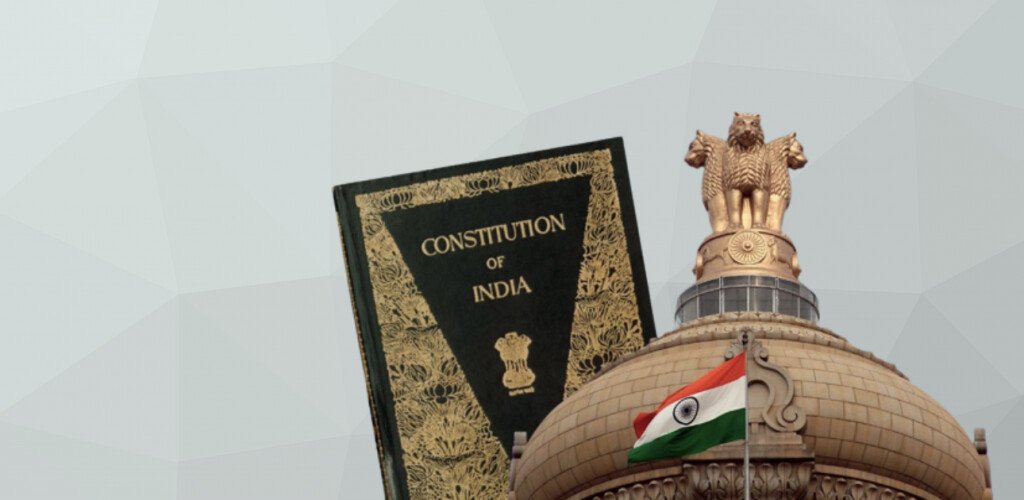By: Dr. Satyawan Saurabh
Nelson Mandela once said, “Forgiveness is not about forgetting or ignoring harm, but freeing yourself from the burden of resentment.” This statement highlights the essence of Mandela’s approach to dealing with personal and political adversity. For Mandela, forgiveness is a means of freeing himself from a destructive cycle of bitterness and hatred. Instead of dwelling on past injustices, it is a conscious choice to focus on healing and reconciliation, thereby promoting the creation of a more peaceful and harmonious society. Mandela’s journey from anger and resentment to forgiveness after 27 years of imprisonment exemplifies his belief in the liberating power of forgiveness. Despite the immense suffering Mandela endured, he chose to promote reconciliation rather than retribution after his release. Mandela’s leadership during South Africa’s transition from apartheid to democracy demonstrated his commitment to national healing. The establishment of the Truth and Reconciliation Commission was intended to address the atrocities of the past through dialogue and forgiveness.
By advocating for forgiveness, Mandela helped unite a deeply divided nation. His willingness to engage with former opponents, including apartheid leaders, was crucial in building a new, inclusive South Africa. Mandela’s emphasis on forgiveness rather than vengeance gave him a moral authority that transcended national boundaries. His global reputation as a peacemaker was further enhanced by his ability to forgive, thereby setting an example for others. Mandela’s legacy of forgiveness inspires movements for peace and justice around the world. His teachings influence contemporary leaders and activists who advocate nonviolent solutions to conflicts. Mandela’s ability to forgive despite immense personal suffering exemplifies resilience and strength. His forgiveness was not a sign of weakness but a symbol of profound inner strength. Forgiveness showed its practical effectiveness as a strategic tool in Mandela’s nonviolent resistance against apartheid. It helped facilitate peaceful negotiations and ultimately the end of apartheid.
Mandela’s approach to forgiveness can guide contemporary peace processes. In post-conflict societies such as Rwanda, the spirit of forgiveness has been crucial in reconciliation efforts following the genocide. Forgiveness helps nations move beyond historical grievances. Germany’s post-World War II reconciliation efforts with its neighbours have been based on mutual forgiveness and acknowledgment of past wrongs. Forgiveness can break the cycle of revenge and violence. Efforts to forgive past atrocities in Northern Ireland have been essential to maintaining peace. Forgiveness can empower individuals affected by conflict to reclaim their lives. Victims of violence in Colombia’s civil conflict have found inner strength and solace through forgiveness initiatives. Forgiveness promotes inclusiveness and unity in diverse societies. Post-apartheid South Africa’s policies of inclusiveness were deeply influenced by Mandela’s policy of forgiveness. Forgiveness promotes open dialogue and understanding.
Ongoing dialogues between conflicting parties in the Middle East are supported by principles of forgiveness and mutual respect. Mandela’s concept of forgiveness can bolster international peace efforts. UN peacekeeping missions often incorporate strategies of reconciliation and forgiveness to bring stability to post-conflict areas. Nelson Mandela’s belief in forgiveness as a means of liberation from resentment is not only a testament to his strength but also a powerful strategy for peace and reconciliation. In contemporary global conflicts, embracing forgiveness can pave the way for healing and unity, breaking the cycle of violence and promoting a more just and peaceful world. Mandela’s legacy inspires us, reminding us that the path to true peace lies in the courage to forgive and move forward together.
Someone once said that forgiveness means letting go of the idea that your past could have been different. When we forgive, we let go of the burden of hurt and resentment that so easily overwhelm us and prevent us from living a full and joyful life. Real forgiveness is hard and reflective work that we practice one day at a time, one experience at a time. It is a path to healing and peace that begins and ends with compassion for ourselves and our feelings. Perhaps instead of “forgive and forget,” our new saying should be “forgive and live.”












